Top 10 Side Effects Of Mustard Oil
Consuming this oil can be great for your health, but you also need to beware!
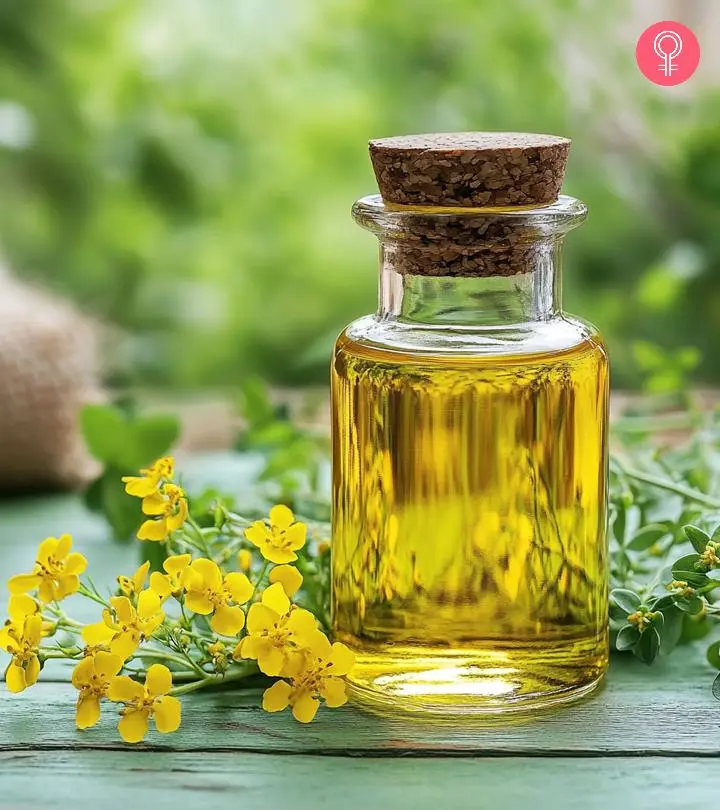
Image: Midjourney/ StyleCraze Design Team
The Indian cuisine, especially in the eastern part of the country, is incomplete without mustard oil. It is known for the taste it adds to the dishes. But are you aware of the side effects of mustard oil? While you may consume it regularly, it is important to follow certain precautions. Read on to learn about the 10 common negative effects associated with the consumption of mustard oil.

 Know The Flip Side: Mustard Oil
Know The Flip Side: Mustard OilShort-Term Effects
May affect the skin barrier function, cause dryness due to dehydration, skin blisters, allergic reactions, and rhinitis due to inflammation.
Long-Term Effects
Diarrhea, anemia, cardiovascular issues, respiratory issues, myocardial lipidosis due to fat accumulation, and miscarriage due to certain chemical compounds.
Drug Interactions
None.
When To See A Doctor
In case of an allergic reaction, breathing trouble, severe skin rash, and stomach pain due to overconsumption.
In This Article
Mustard Oil Side Effects
While the benefits of mustard seeds are well known, the mouth-watering fish curry cooked in mustard oil can lead to some side effects too! Check out the major side effects of mustard oil usage:
1. High Erucic Acid Content
Research shows that mustard oil contains a huge amount (approximately between 42% and 47%) of erucic acid
(1). It is a bizarre fatty acid compound (monounsaturated omega-9 fatty acid), which is known to be highly toxic in nature. Due to the presence of such copious amounts of erucic acid in mustard oil, it can pose serious health risks. An intake of a high dosage of mustard oil may cause cardiovascular issues such as cardiac lipidosis, respiratory issues, diarrhea, anemiai A condition caused by low levels of red blood cells in the blood, which can lead to breathlessness, headaches, and dizziness. , cancer, coma, and even death in the most severe cases (2).
2. Influences Heart Health

The high level of the erucic acid content of mustard oil can take a toll on the health of our heart and damage it significantly. It is mostly known for causing a certain medical condition known as ‘myocardial lipidosis’ or ‘fatty degeneration of heart’ in which fibrotic lesions develop in myocardial fibers of heart muscles due to the buildup of triglyceridesi A type of fat found in the bloodstream that the body does not require to carry out essential tasks. or fat droplets in them (3). It damages the cardiac muscles badly and sometimes even leads to heart failure.
 Did You Know?
Did You Know?3. May Increase Lung Cancer Risk
Apart from increasing cardiovascular risks, erucic acid in mustard oil distresses our lungs too. At the initial stage, it can simply affect the upper part of our respiratory system (especially the respiratory tract), causing troubled breathing and so on. But the long-term intake of mustard oil can make us prone to lung cancer, which is absolutely fatal. However, limited studies are available to prove this claim.
4. Leads To Dropsy

In the year 1998, the use of mustard oil for cooking was banned by the Delhi Government in order to put a check on the rapidly increasing cases of dropsy (4). It is basically the most severe form of edema in which the soft tissues in the human body swell up to a great extent due to unusual fluid accumulation.
5. Causes Irritation

Mustard oil is known to contain another harmful chemical compound called allyl isothiocyanate (5). It is an extremely strong and powerful irritant that, when taken orally, can result in the inflammation of the linings of the lungs, gastrointestinal tract, intestines, etc. (6), (7). The irritating property of mustard oil may also cause problems like abnormal secretion of tears, increased sensitivity, and neuroexcitationi A sudden change in nerve behavior caused by momentary changes in the electrical functioning of the brain. .
6. May Result In Skin Damage
Long-term topical application of mustard oil can affect the skin in a number of ways. Studies have shown that it interrupts the skin barrier function and increases water loss through the epidermis, altering the structure of epidermal keratinocytesi Cells found in the epidermis, the topmost layer of the skin. They protect the skin from infections and promote healing. considerably. It can even cause minor to major skin blisters. That is why modern medical science suggests avoiding the use of mustard oil for massaging infants and kids. However, limited studies are available in this regard.
7. Leads To External Eruptions
External application of mustard oil can lead to certain eruptions on the skin too. These are similar to a type of skin rash ‘pityriasis roseai A skin condition that causes rashes on the chest, abdomen, or face and can also lead to headaches, joint pain, or fever. ’ and are benign in nature (8). However, if ignored, these eruptions can result in substantial discomfort.
8. Can Lead To Allergic Reactions

Allergic reactions are also common among the side effects of mustard oil (9). These are mainly immunoglobulin E or IgE-mediated allergies, such as redness, itchiness, burning sensation, nausea, headache, dizziness, fainting, vomiting, dry and cracked skin, etc., and are not that severe.
9. Causes Rhinitis
Excessive consumption of mustard oil can cause rhinitis in which the mucous membrane tends to get inflamed
(10). It is characterized by coughing, sneezing, stuffy nose, watery nose, and post-nasal drip. Hence it is better to reduce its consumption to get rid of this one of the strange mustard oil side effects.
10. Affects Pregnancy

Pregnant women should avoid consumption of mustard oil as it contains a few chemical compounds that are harmful to them as well as the growing fetus. As per the researchers, these chemicals can result in miscarriage.
Giving up something that is not just a part of one’s daily food, but is also a traditional and cultural symbol is not easy. Don’t worry, you don’t need to chuck out all that mustard oil either. But you can limit its consumption to prevent these side effects. Health matters, after all!
Veena, an Indian and Ethnic food blogger, shared how she uses mustard oil in her cooking. She recommended using it in moderate quantities and to mix it with other oils. She writes, “I’ll often combine 2 tablespoons of vegetable oil with one tablespoon of mustard oil if a recipe calls for 3 tablespoons of oil (i).”
 Quick Tip
Quick TipEven though the mustard oil benefits often overshadow the side effects, they should be known. Do you know any other mustard oil side effects? Let us know by commenting below if you know any other mustard oil cooking side effects.
Considering all these side effects, let’s find out if there are any suitable substitutes for mustard oil.
Key Takeaways
- High amount of mustard oil might lead to heart problems or respiratory problems.
- Mustard oil raises the risk of developing lung cancer, can cause dropsy, irritates the skin, and causes skin damage.
- Mustard oil’s high erucic acid content can harm cardiac muscles and cause heart failure.
- A potent chemical found in mustard oil can cause inflammation of the linings of the lungs, digestive tract, and intestines.
- Pregnant women should avoid mustard seeds as they causes harm to both them and the developing fetus and can lead to miscarriages.
Substitute For Mustard Oil
Suitable substitutes for mustard oil depend on the purpose of their use. For cooking and sautéing, you can opt for vegetable oil, canola oil, or grapeseed oil. These oils have neutral flavors and can withstand high cooking temperatures. For recipes where the distinctive flavor of mustard oil is essential, a mix of equal parts of vegetable oil and a small amount of ground mustard seeds can create a similar flavor profile.
Another alternative is sesame oil, which adds a unique nutty taste to dishes. However, it is important to note that mustard oil has specific health benefits and flavor nuances that may not be perfectly replicated by substitutes. Always consider the specific taste and health requirements of your recipe before choosing an alternative oil.
Infographic: 5 Adverse Reactions To Excess Mustard Oil Consumption
Mustard oil is a key ingredient used to cook delicious food items across the world. A few tablespoons are enough for the human body. But excess consumption can lead to multiple health problems ranging from mild skin redness to heart failure.
Check out the infographic below to know the top five adverse reactions caused by excess mustard oil consumption.
Some thing wrong with infographic shortcode. please verify shortcode syntax
The side effects of mustard oil are less known. However, these side effects are majorly related to excessive consumption. Erucic acid in mustard oil can cause anemia, diarrhea, stomach pain, and many other health issues. Mustard oil also impacts heart health negatively, increases lung cancer risk, may lead to dropsy, cause eye irritation, itching, and skin damage. Applying mustard oil to the skin may trigger eruptions and allergic reactions. Mustard oil also causes rhinitis and may also negatively affect pregnancy. Hence consuming it in moderation helps minimize the risk of these side effects and any possible allergic reaction.
Frequently Asked Questions
Can we use mustard oil daily?
Yes, you can use mustard oil daily.
Can I apply mustard oil on hair?
Yes, you can apply mustard oil on your hair and massage your scalp with it as well. However, using excess mustard oil for hair can cause side effects like clogged hair follicles (9).
Is mustard oil good for kidneys?
Yes, the ratio of monosaturated and polyunsaturated fatty acids in mustard oil can help reduce kidney complications (11).
Does mustard oil make your skin dark?
No. Though it is falsely assumed that using mustard oil directly on the face can darken the skin, that is not true.
Is mustard oil bad for cholesterol?
No. According to a study, mustard oil is an excellent source of both saturated and unsaturated fatty acids. These acids reduce the risk of cardiovascular conditions by raising HDL (good cholesterol) levels and lowering LDL (bad cholesterol) levels (12).
Illustration: Serious Mustard Oil Side Effects You Should Be Aware Of

Image: Stable Diffusion/StyleCraze Design Team
Mustard oil has been used for centuries in cooking, but what are the dangers? Check out the video below to understand the side effects of using mustard oil before including it in your diet.
Personal Experience: Source
StyleCraze's articles are interwoven with authentic personal narratives that provide depth and resonance to our content. Below are the sources of the personal accounts referenced in this article.
i. The Mustard Oil Controversy: An Oil for Cooking or for Massage Only?https://veenasmarket.wordpress.com/2011/11/04/the-mustard-oil-controversy-an-oil-for-cooking-or-for-massage-only/
References
Articles on StyleCraze are backed by verified information from peer-reviewed and academic research papers, reputed organizations, research institutions, and medical associations to ensure accuracy and relevance. Read our editorial policy to learn more.
- Erucic Acid-Rich Yellow Mustard Oil Improves Insulin Resistance in KK-Ay Mice
https://www.ncbi.nlm.nih.gov/pmc/articles/PMC7864507/ - Various concentrations of erucic acid in mustard oil and mustard
https://pubmed.ncbi.nlm.nih.gov/24491745/ - Various concentrations of erucic acid in mustard oil and mustard
https://www.sciencedirect.com/science/article/abs/pii/S0308814613019419?via%3Dihub - Epidemic dropsy–a clinical study of the Delhi outbreak
https://pubmed.ncbi.nlm.nih.gov/11198785/ - Allyl isothiocyanate
https://pubchem.ncbi.nlm.nih.gov/compound/Allyl-isothiocyanate - Isothiocyanates and Glucosinolates from Sisymbrium officinale (L.) Scop. (“the Singers’ Plant”): Isolation and in Vitro Assays on the Somatosensory and Pain Receptor TRPA1 Channel
https://www.ncbi.nlm.nih.gov/pmc/articles/PMC6429275/ - Allyl Isothiocyanate Ameliorates Dextran Sodium Sulfate-Induced Colitis in Mouse by Enhancing Tight Junction and Mucin Expression
https://www.ncbi.nlm.nih.gov/pmc/articles/PMC6073867/ - Pityriasis rosea-like eruptions due to mustard oil application
https://pubmed.ncbi.nlm.nih.gov/16394442/ - Dangerous anaphylactic reaction to mustard
https://www.ncbi.nlm.nih.gov/pmc/articles/PMC5868665/ - Actual therapeutic management of allergic and hyperreactive nasal disorders
https://www.ncbi.nlm.nih.gov/pmc/articles/PMC3199794/ - PDF) EFFECTS OF MUSTARD OIL ON OXIDATIVE STRESS PARAMETERS OF MALE MICE
https://www.researchgate.net/publication/283256617_EFFECTS_OF_MUSTARD_OIL_ON_OXIDATIVE_STRESS_PARAMETERS_OF_MALE_MICE - Ultrasonic Studies on Mustard Oil: A Critical Review
https://www.ijsr.net/archive/v4i8/SUB157340.pdf - Mustard oil and cardiovascular health: Why the controversy?
https://www.sciencedirect.com/science/article/abs/pii/S1933287421002609
Read full bio of Dr. Pallavi Srivastava
Read full bio of Jyotsana Rao
Read full bio of Arshiya Syeda
Read full bio of Moksha Gandhi







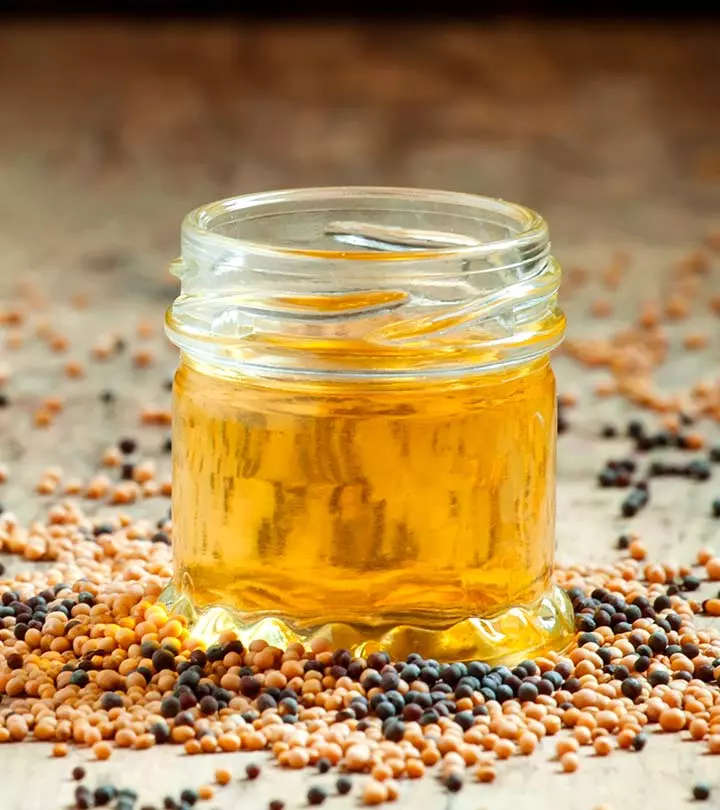

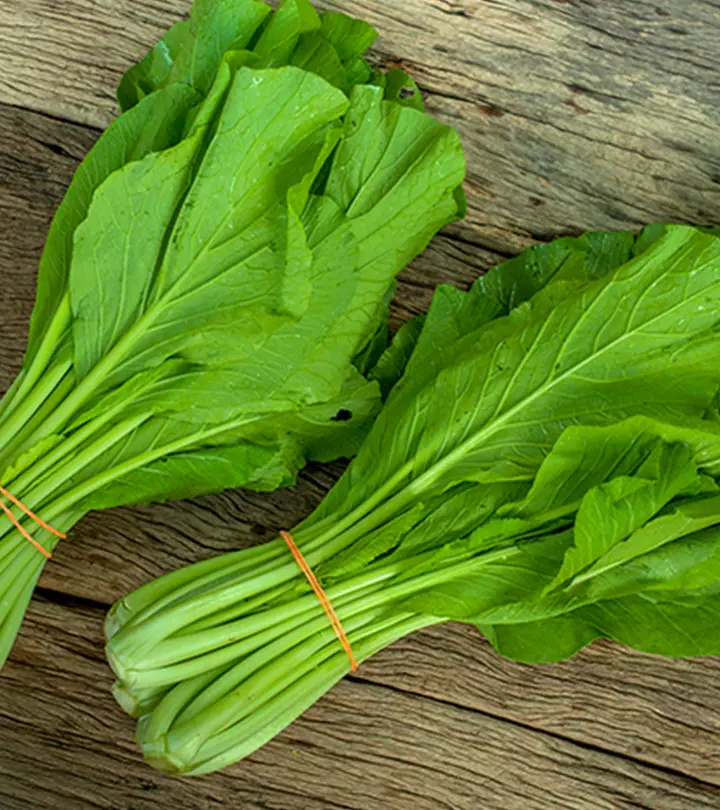


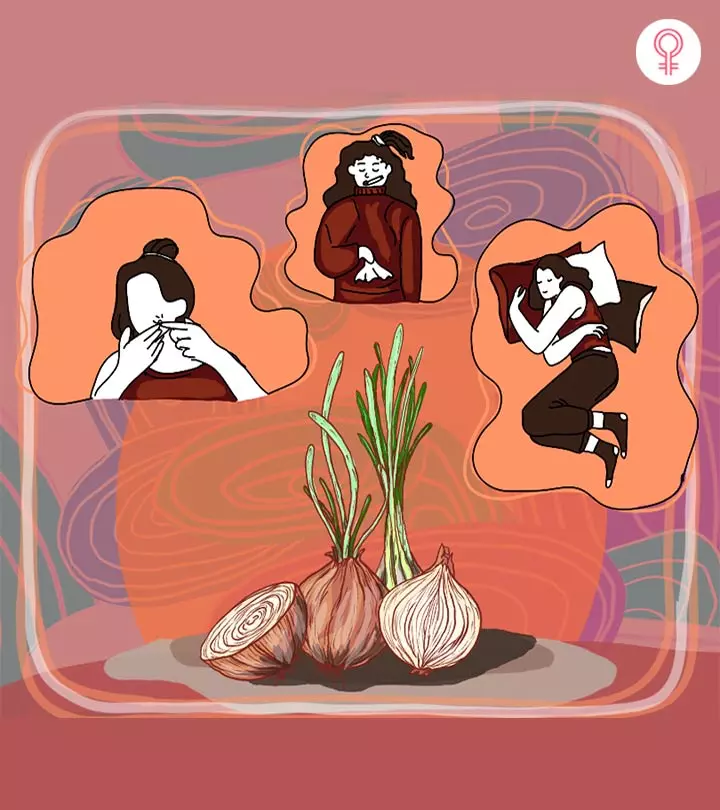

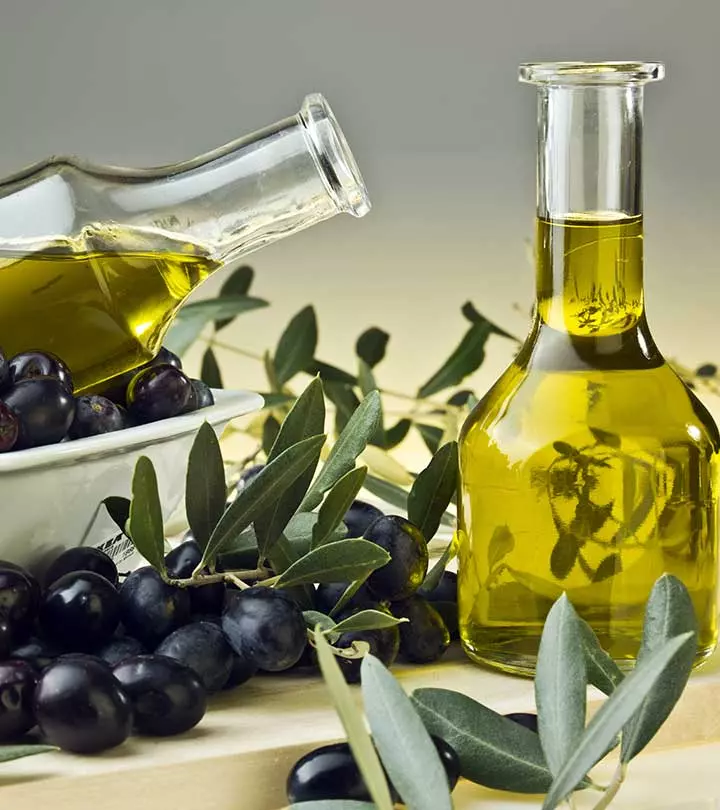
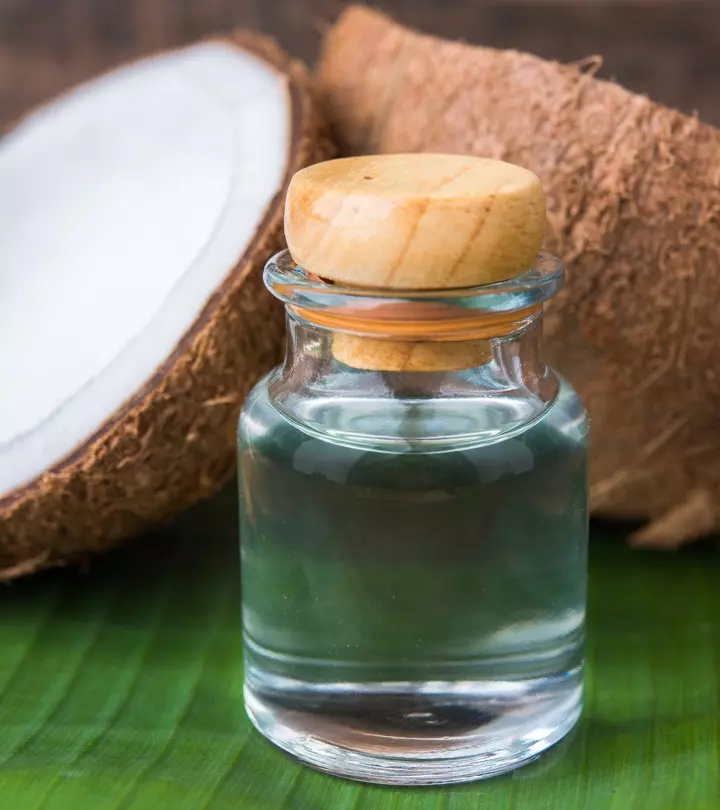











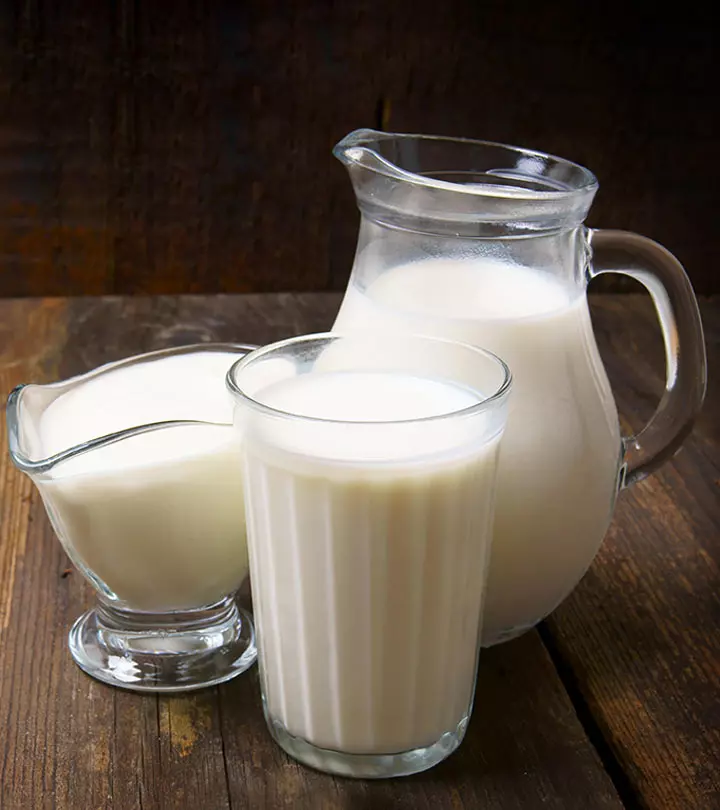
Community Experiences
Join the conversation and become a part of our empowering community! Share your stories, experiences, and insights to connect with other beauty, lifestyle, and health enthusiasts.